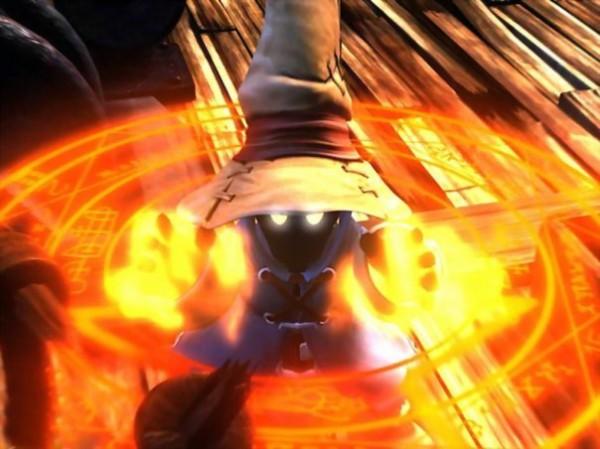This post has not been edited by the GamesBeat staff. Opinions by GamesBeat community writers do not necessarily reflect those of the staff.
I'm a huge fan of the Final Fantasy games. Final Fantasy 7 was my first foray into the series and my favorite setting. I also believe that the sixth installment is the best game overall. However, despite all the affection I have for these titles — and the fact that I consider them to be better games — none of them affected me more than Final Fantasy 9. The reason was simple: it had a supporting character I could relate to more than any of the series' main protagonists.

I admit in retrospect that some people may find it a little odd that a then-19-year-old could relate so much to a nine-year-old character. Part of my ability to connect to Vivi Orunitia was due to the fact that I experienced similar struggles when I was nine years old.
Vivi, in the story, is a very shy, underconfident black mage who spends the game trying to comes to terms with his identity and the concepts of death and his own mortality. This proves a heavy load for people my age now, let alone a child.
I saw a lt of myself in Vivi. At one point, I actually troubled teachers as a third-grader who just attended a funeral and discovered for the first time what it really meant. As a shy and quiet kid who turned to drawing pictures of caskets in his free time, I set off more than a few red flags, but I was just trying hard to figure out this entire death thing.
Later at age 19, it became something of a fresh wound again. I was a somewhat less-shy, college sophomore struggling with my skills and discovering a load of social issues and conflicts I might have to face. I began thinking far to much about my own mortality, and I started suffering a very vivid and morbid four-year recurring nightmare of a violent death.

In many ways, going through Vivi's story was a form of therapy for me. I didn't talk much to anyone about some of my concerns with what I was learning about newsroom politics and how they rattled my confidence even wanting to pursue a career as a journalist. I also certainly kept quiet about the dreams that had me living in some degree of fear of a short shelf-life.
Vivi's fear of a becoming a soulless killing machine is a little more dramatic than my concerns over having a "soulless" career that would have me fighting to convince an editor or news director that my stories are worthy or significant enough to print. However, Vivi was very familiar — if not comforting — in his growth towards becoming confident and figuring out his own place and purpose in the world.
I have a stereotypical male love for the "badass" as much as anyone, but Vivi stayed with me all this time because he has something that Kratos, Marcus Fenix, and Master Chief all don't have; I can relate to him. While I may fantasize about the experiences of Nathan Drake or Commander Shepard, I am truly like Vivi. And maybe, at least for me, I could stand to have that experience more in gaming.
More of Gerren's Decade Diary:
